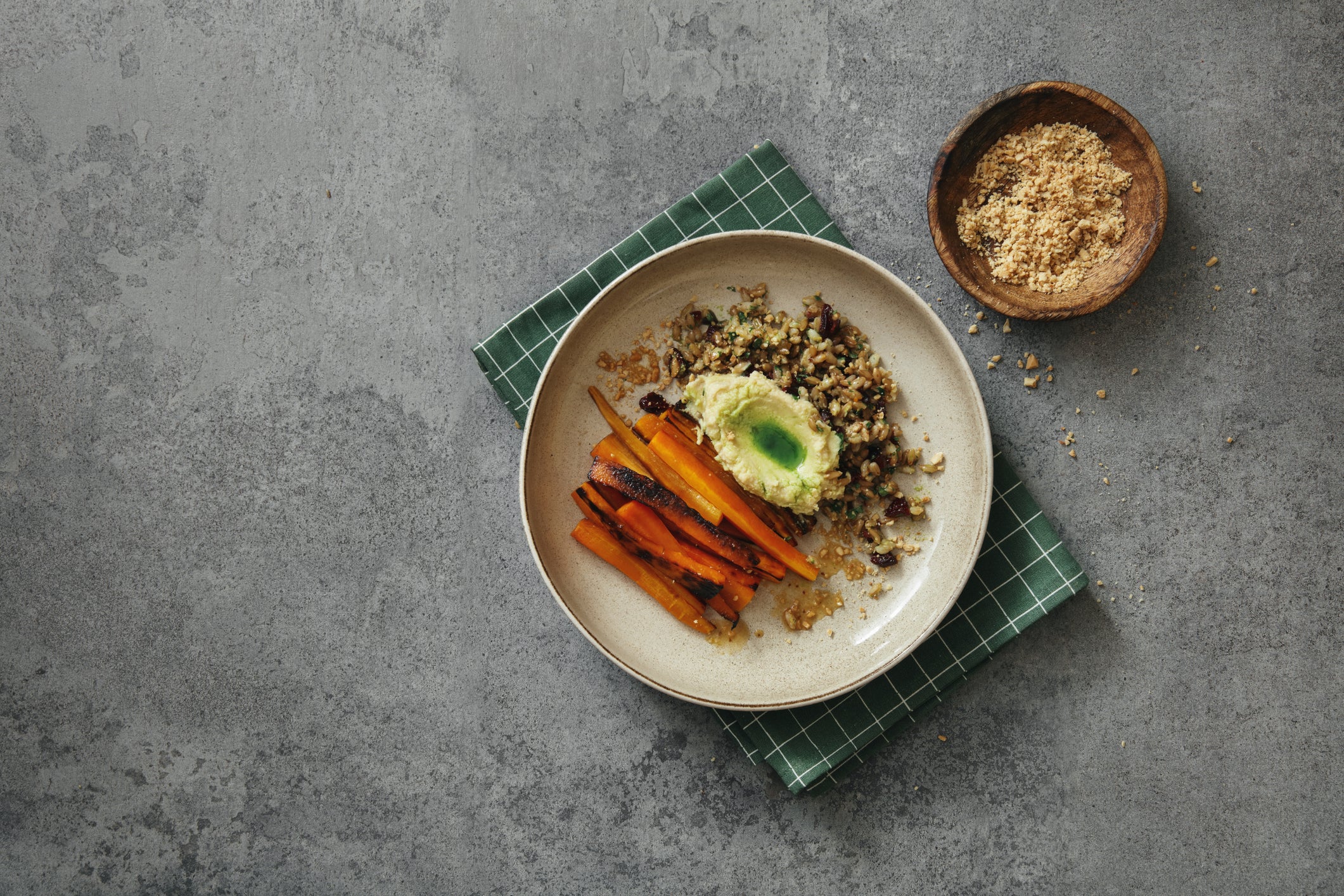
One of the most frustrating things that can happen to you as a new parent is being unable to adequately feed your child when breastfeeding. It’s not fun being sleep-deprived and also dealing with a hungry baby demanding more milk than you have available. How do you know when your baby is eating enough anyway? Exclusively breastfed babies usually have a minimum of eight feedings within 24 hours, resulting in six-plus wet diapers daily.
If you’re experiencing a low milk supply, remember it’s not your fault, and there are usually actions you can take to get your milk flowing again. Two potential solutions you can try include consistently nursing and eating foods to boost your flow, also known as galactagogues.
Some specialists say galactagogues shouldn’t be used to remedy low milk supply, and there’s no single food that can help get your milk flowing. However, a healthy, nutritious diet could do the trick, and eating the right foods benefits you and your little one more than people realize.
“If you are not frequently stimulating your breast in combination with not eating a well-balanced meal, it could directly impact your breast milk supply,” says Aishah Saeed, IBCLC in Stafford, Virginia.
There are also foods that can help boost your prolactin levels, which are important for breast milk production. Prolactin is a hormone produced by the pituitary gland that enables moms to breastfeed their babies. It controls milk production, and a low supply could mean your prolactin levels are low. Here are some foods that could help with both prolactin levels and maintaining a nourishing, healthy diet.
Fruits
Fruit such as dates and apricots are said to aid in the production of prolactin and both have an abundance of health benefits. Apricots contain dietary fiber, vitamin A, vitamin C, and potassium. Dates, on the other hand, have calcium and fiber. The good thing about both dates and apricots is that you can eat them dry, so they’re easy to carry around as a snack and to eat quickly when you’re on the go.

Vegetables
Leafy greens, in particular, can be great foods for new moms since they’re high in nutrients and low in calories. Kale, collard greens, spinach, and cabbage are examples of leafy greens that can be incorporated into your daily meals. They contain vitamins A, C, E, and K as well as fiber, antioxidants, and minerals like calcium. A fast and effective way to eat your leafy greens is by throwing them in an omelet or smoothie and eating them raw if you don’t mind the taste.
Protein
Saeed says parents can add protein-rich foods like moringa to their diets. Keep in mind that oats are a one-stop shop for balanced nutrition since they have lots of complex carbs, fiber, protein, and antioxidants. Oats don’t have to be cooked traditionally—you can put together quick overnight oats and throw some fruit on top in the morning. If time is not on your side, some other quick and easy protein-rich foods to snack on include eggs, almonds, and Greek yogurt. You may also add chicken breast, lentils, and lean beef to your diet when you have the time to cook or order meals.
Whole Grains
Whole grains such as oats can be part of a balanced diet and are nutritious for both you and the baby. Barley is another grain that can help with prolactin levels since it contains beta-glucan, a sugar that boosts prolactin levels in the body, potentially helping produce more milk. Barley can be thrown into a salad, stews, or rice.
Water
While water isn’t food per se, it is an important part of helping your milk flow. When you’re not drinking enough water, you put yourself at risk of becoming dehydrated, which can impact your breast milk flow. Remember, breast milk is almost 90% water. You may also stay hydrated with milk or drink natural juices that are low in sugar and food coloring.
Breastfeeding Supplements
Moms may want to try using breastfeeding supplements since they have plant or herbal ingredients that may help with milk supply. Some of the ingredients to look out for in breastfeeding or lactation supplements include fennel, milk thistle, blessed thistle, black seed, palm date, and fenugreek. If you’re on the hunt for a Black-owned lactation supplement, try Milky Mama. The brand has lactation drinks, smoothies, snacks, and herbal supplements in the form of bulb squeezes. Before using a supplement, consider speaking with a lactation specialist or your doctor to ensure it’s the right solution for you.
